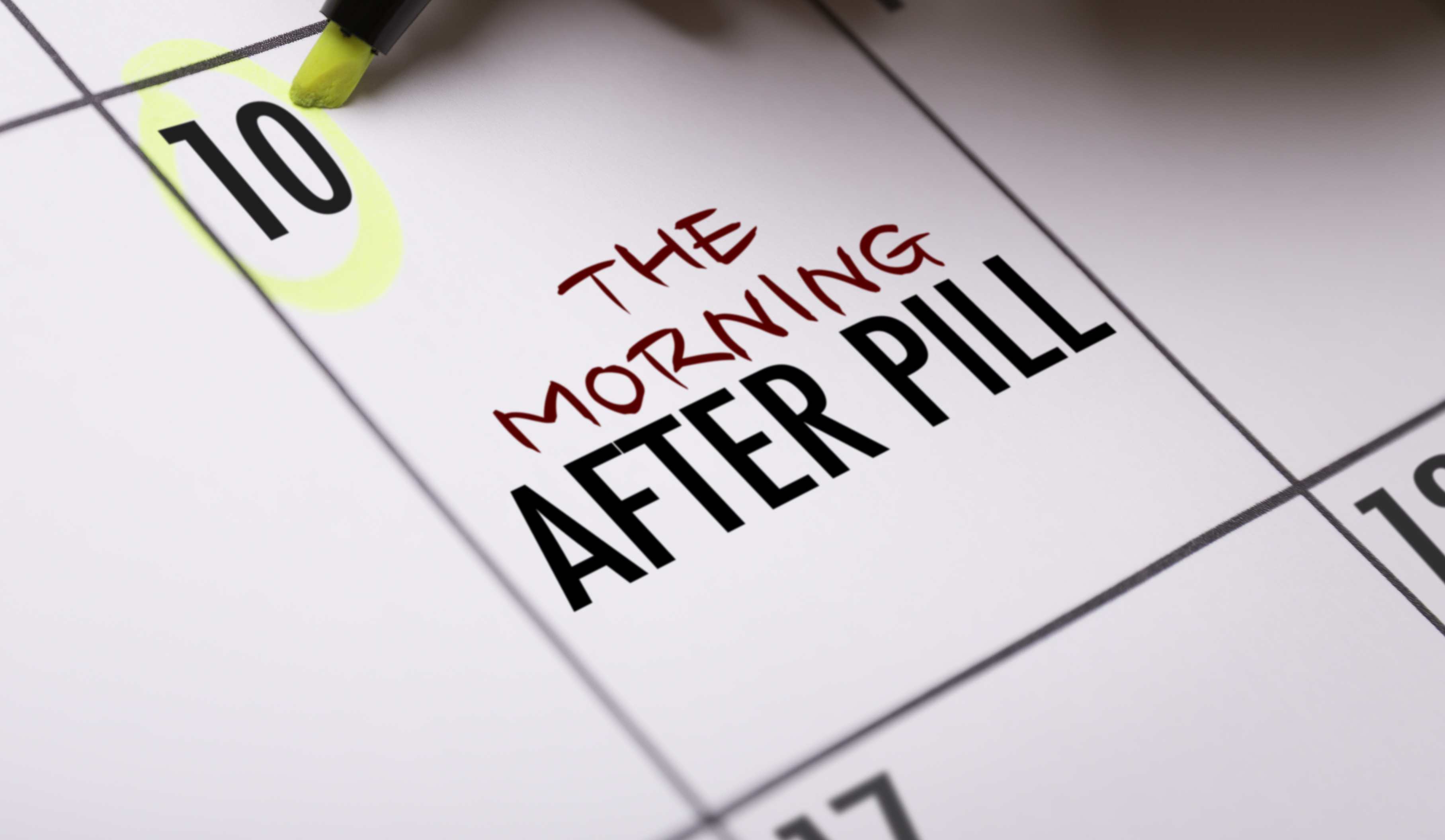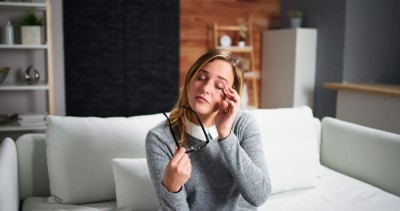The morning-after pill is also called emergency contraception. It prevents an unwanted pregnancy after sexual intercourse that occurred without contraception, or for some reason, the contraceptive method chosen did not work. The morning-after pill is effective and prevents an unwanted pregnancy. A prerequisite for emergency contraception to be practical is that it is taken as soon as possible after the “suspicious” sexual intercourse. The effectiveness of the pill starts to decrease as time passes since the sexual intercourse.1 Also, the morning-after pill does not protect against sexually transmitted infections (STIs): if there is a risk, condom use is essential.
How does the morning-after pill work?
There are two main types of emergency contraceptive pills:
- Levonorgestrel: It should be taken as soon as possible, ideally within 12 hours and no later than 72 hours (3 days) after sexual intercourse.
- Ulipristal acetate: Has greater effectiveness and can be taken up to 120 hours (5 days) after.
Both types work mainly by preventing or delaying
ovulation to prevent fertilisation. They do not cause abortion and do not affect an existing pregnancy.

What should you look out for before you take it?
If you want to have sexual intercourse, you should use a condom for the rest of your cycle. Just as its name suggests, the oral emergency contraceptive pill is intended for emergency use only and is not intended to be used as a regular method of contraception.
Even if you use a regular contraceptive tablet, you should still use a barrier
contraceptive method (e.g., a condom), as its effectiveness may have been altered.2
Like all medications, the morning-after pill may have unwanted side effects, although not all women experience them.
You may experience unwanted side effects in the hours after taking the tablet or even the next day. They are usually quite mild and subside soon, but if you experience any that are particularly painful or unusual, you should contact your doctor immediately.
Possible side effects it may cause are:
- Disruption of the next menstrual period (more or less bleeding)
- Delaying your period or having it earlier than the expected date
Rarer symptoms are chest pain and headache which go away after a few days.
If the delay of the period exceeds 7 days, then the woman should have a pregnancy test.3
The morning-after pill can be a life-saving solution at an unexpected time. However, it should not be used as a permanent method of contraception. Proper information, discussion with a pharmacist or gynaecologist, and responsible sexual behaviour are key to protecting every woman's health and quality of life.








